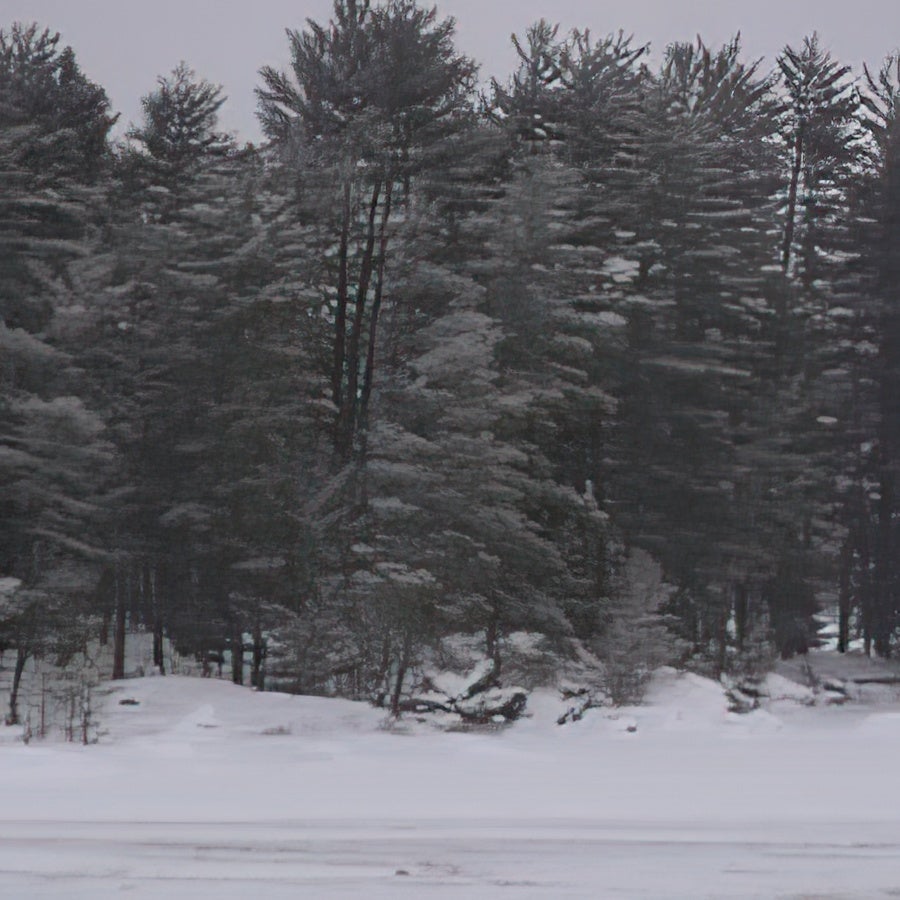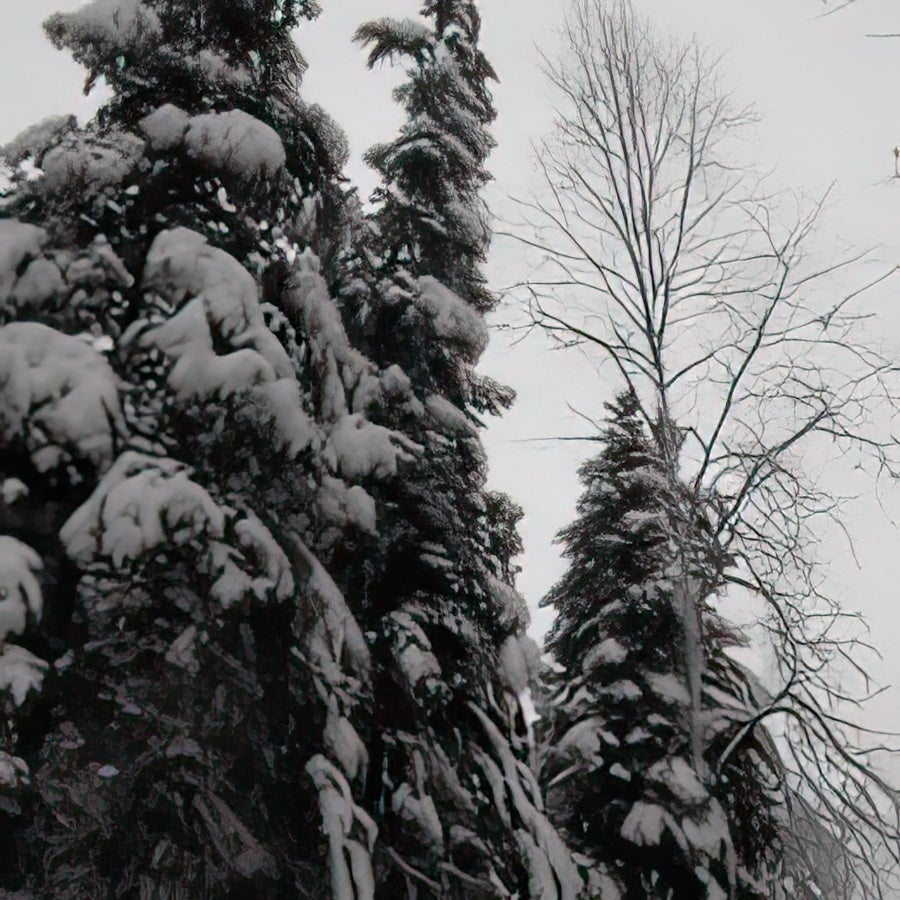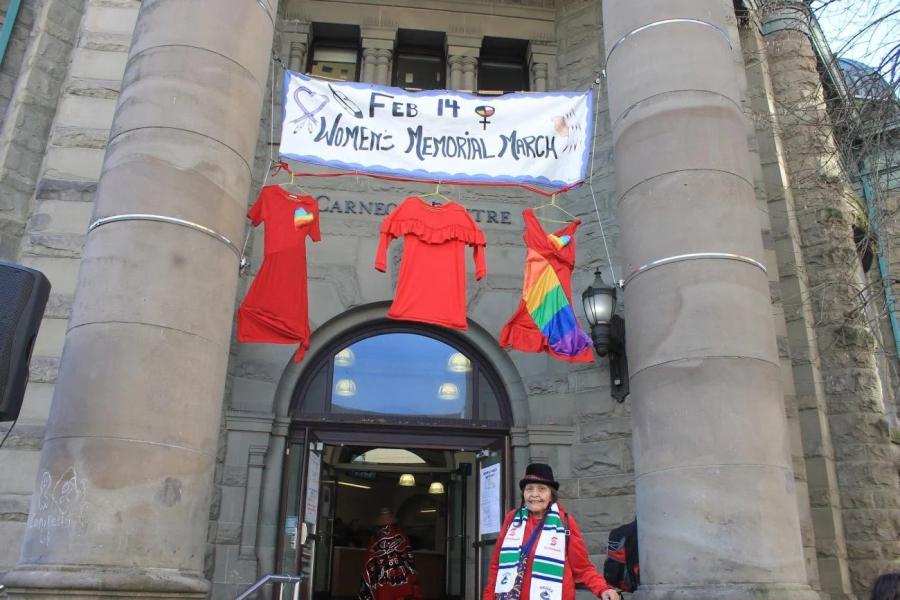
By Dr. Kaitlyn Patterson (Anishinaabekwe)
Kwey, Kaitlyn nindizhinikaaz. Maang nidoodem. Mattawa nindonjibaa. Portland endaayaan. My name is Kaitlyn Patterson and I am from the Loon Clan. I am a mixed-ancestry Anishinaabekwe with European and Algonquin ancestry. My Algonquin ancestry is rooted in the historic Algonquin community of Mattawa, Canada, recognized by many as the place where the waters meet. I am a member of the Mattawa/North Bay collective within Algonquins of Ontario and a status Indian on General List/Sudbury. Indian status denotes a person’s registration under the Indian Act, and a General List is a list of persons registered as Indians (i.e. status Indians) in the Indian Register who are not affiliated with a band. I have lived most of my life north of Kingston, Ontario and am, therefore, connected to the urban Indigenous community within Kingston as well.
This narrative comes from a storytelling project I completed during my doctoral degree, wherein I had conversations with 13 self-identified status and non-status Algonquin Anishinaabekwewag and gender diverse people who defined the Mattawa and North Bay, Ontario area as a place of ancestral, cultural, historical, spiritual, and political importance to their Algonquin identities.
I created the project as a way to explore the questions that were on my mind about Algonquin life and identity for women and gender diverse people within my own community. Unsurprisingly, the Anishinaabekwewag and gender diverse people who participated in my project had a lot to say about the Algonquin Comprehensive Land Claim negotiations that have been ongoing for over 30 years. Comprehensive land claims were created through the 1973 Comprehensive Land Claims Policy to clarify Aboriginal title for Indigenous communities in Canada whose lands had not been ceded to the Crown through treaty or purchase. Ratified final agreements of land claims are legally enforceable and protected under the Constitution. All but three participants were members of Algonquins of Ontario, the Algonquin negotiating body for the land claim associated with unceded Algonquin territory.
While I got to know participants through multiple conversations, they shared with me their frustrations, hope, uncertainty, brilliance, anger, fear, exhaustion, and determination related to the land claim. Most participants had mixed views of the claim, seeing its potential benefits along with its fundamental pitfalls. Most of our conversations about the claim centered on Algonquin rights and title, self-determination and governance, resource extraction and economic growth, and the agonizing length of the negotiations. Some participants were generally supportive of the claim, while others passionately opposed continuing negotiations and advocated for a different approach to defending Algonquin territory from continued colonial theft.
As I listened to their stories, I was reminded of the Wiindigo. I have been taught by Elder Deborah St. Amant that Anishinaabeg do not speak the name of this creature in the warm months of the year, as doing so risks inviting the danger of the creature during a time of year when they are not usually present. In the winter of 2022 I set pen to page and wrote the story below to depict participants’ experiences of the Algonquin land claim. After I wrote the story, I sent it to participants who consented to providing feedback and no changes were requested.
My project was supported by Oshkaabewisag (helpers), Elder Karen Labreche (Algonquins of Pikwakanagan First Nation), Dr. Lindsay Morcom (Ardoch Algonquin First Nation), and Elder Deborah St. Amant (Penetanguishene and Henvey Inlet First Nation #2). Oshkaabewisag reviewed the story below and their feedback was incorporated. I hope that sharing this story will engage Algonquins who are actively navigating the challenges and potential benefits of the Algonquin comprehensive land claim, and who are trying to strengthen community and culture despite obstructions imposed by settler colonialism.

Mattawa in the winter.
***
The night is cold and crisp. I look up and admire the clear sky dotted with bright stars that shine through the darkness all around me. I take a step out the door of my home and into the winter night, and feel my boots sink into the deep snow. I shiver as I sense the cold wind against my skin that peeks through the scarf wrapped loosely around my neck. I tighten my scarf and take another step out into the darkness, closing the door behind me.
Starting a new path, I trudge through the fresh snow towards the woodshed. Our pile of wood inside the house is gone and I need to get more if I am going to keep the fire going through the night. In the dead of winter, our food supplies are running low. The summer drought affected the tomatoes, berries, and greens. The power plant bled into the river. The ditches and shorelines were spoiled with contaminants. There were fewer moose this fall. I am hungry, but I think we cut enough wood to at least keep warm this winter. Stooping down, I grab the wooden and worn handles of the wheelbarrow that was knocked over by the wind and I lift it to its feet. I aim it toward the shed and begin pushing it through the snow. I could shovel a new path, but I will save that task for the light of tomorrow. I am too tired, too cold, too afraid of the dark. I have managed a full wheelbarrow through thick snow before; I can do it again tonight.
I reach the shed and position the wheelbarrow close to the door. I flip on the light in the shed, but it flickers and cuts out. Darkness again. Remembering this situation from another night, I grab a short, broken piece of kindling that I set aside last time and use it to prop the switch so that it remains in the on position. The light comes to life again, shining down on me as I begin to load the wheelbarrow with piece after piece of cut maple from the tree that fell last spring. Once full, I remove the kindling piece and find myself in darkness again. Moving behind the wheelbarrow, I grab the wooden handles and begin to retrace my steps back to the house.
The loaded wheelbarrow is heavier than I remember. I lean over the handles and push my body weight toward the front wheel. I sturdy my feet on the ground, but the snow is not helping. It feels like I am stuck in place, surrounded by barricades of snow. I ready myself and give a forceful push on the handles. As I do, I feel the wheelbarrow rock forward, pause, and begin to tilt to one side. “Oh no,” I think aloud. The wheelbarrow pulls to the side and tips over before I can stop it, dumping most of the wood onto the wet snow. I am furious, exhausted, cold, and hungrier than before. Looking up at the night sky, I imagine what it would be like to give up and go back inside, leaving the wood behind and embracing the cold night.

Mattawa in the winter.
As I am gazing upwards, I hear something moving through the snow behind me. I freeze, afraid and unable to turn around.
“I can help you,” the creature says.
I turn slowly to face the being. Peering ahead, I notice a tall, thin figure with long, skinny arms and legs. In the middle of winter, it wears a suit and tie. It looks malnourished, and when it flashes a smile, I notice its long, sharp teeth. My gaze stops and locks in on the creature’s eyes, which are glowing red, piercing through the night.
“I can help you,” the creature says again. “Leave your wheelbarrow and come with me. The food is scarce here and you must be hungry. I know a better way. Follow me.”
I look back over my shoulder at the wood toppled over behind me. The wind has already blown snow over the fallen pieces, dusting them with a thin layer that needs to be brushed off before they are brought inside for the night. My back is tight and my legs are sore. I look back at the creature, who extends its arm out to me, welcoming me in. They are right: I am hungry. I am tired. I am not sure I will survive the winter or another like it. There must be a better way.
The creature flashes a toothy smile and straightens its tie as it makes one final promise, “I will help you. Trust me.”
***
What I heard from participants is that it is crucial for Algonquins to continue to critically evaluate the land claim before the time comes to vote on a Final Agreement within negotiations. How can we move forward in a way that benefits the entire Algonquin Nation now and across the next seven generations? In the dead of winter, with supplies running low and the cold darkness of night all around, Algonquins must determine how they will navigate through the paralyzing barriers of colonialism. On the slippery path to self-determination, Algonquins must turn and face the Wiindigo. Will we join the creature, be consumed by the creature, or dismantle its cannibalistic, insatiable nature? The future of the Nation depends upon the path Algonquins choose now.
This article was written with editorial and cultural support from Elder Karen Labreche, Dr. Lindsay Morcom, and Elder Deborah St. Amant.
--Dr. Kaitlyn Patterson is a mixed-ancestry Algonquin Anishinaabekwe. She is a postdoctoral fellow at the University of Waterloo and a registered dietitian studying land access and Indigenous food sovereignty practices in urban Indigenous communities in Ontario, Canada.


